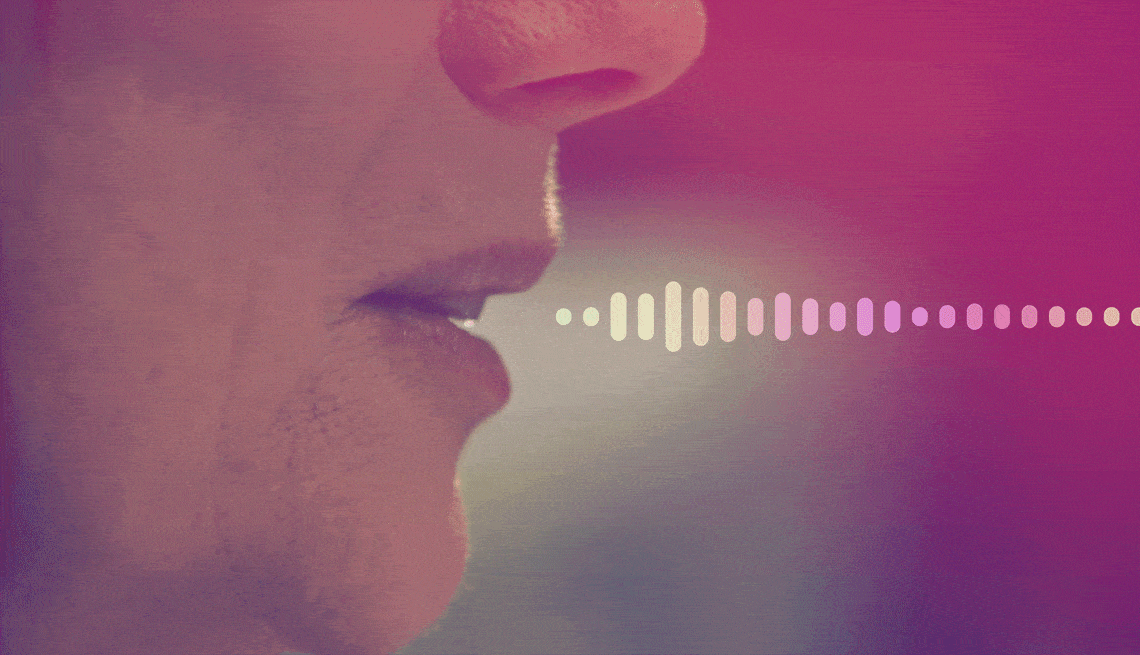
Why your voice changes as you age
- Select a language for the TTS:
- UK English Female
- UK English Male
- US English Female
- US English Male
- Australian Female
- Australian Male
- Language selected: (auto detect) - EN
Play all audios:

WHAT DOES AN AGING VOICE SOUND LIKE? Besides breathiness and hoarseness, the symptoms of presbyphonia include lower volume and projection of your voice, difficulty being heard in noisy
settings (like restaurants), a higher than normal pitch (if you’re a man), or lower (for women). Experts believe presbyphonia tends to go undiagnosed, so it’s difficult to know just how
common aging voice is, but research suggests around 1 in 3 adults ages 60 and older have one or more of the symptoms above. And although the condition is rarely serious, it’s important to
see a laryngologist or ear, nose and throat (ENT) specialist if symptoms continue, to rule out other medical conditions like GERD (short for gastroesophageal reflux), cancer of the larynx,
or neurological diseases such as spasmodic dysphonia or vocal fold paralysis. “For example, a small tumor on the vocal folds can also produce raspiness. For that reason, anyone with voice
changes that last longer than four weeks should see a doctor. This is particularly important for those with risk factors such as a history of smoking,” says Ted Mau, M.D., an
otolaryngologist who specializes in voice disorders at UT Southwestern Medical Center. If the exam shows that the vocal cords/folds are thin, stiffened, or have a gap between them when
they close, the diagnosis is typically presbyphonia. TREATMENT FOR AN AGING VOICE You might think talking less would be a good way to preserve your voice or treat an aging one. Just the
opposite. Like any muscle, your voice needs to be exercised to stay strong. And while presbyphonia isn’t life-threatening, it “can impact your quality of life,” says Cristen Paige, a
speech-language pathologist and senior clinician at Duke Voice Care Center. “People may ask you to repeat more often, which can be tiresome and frustrating. Sometimes you have to strain to
be heard. You may also feel like you’re running out of air as you talk, which can be exhausting.” Mau adds that many older adults already experience social isolation, and voice problems “can
really exacerbate that.”
